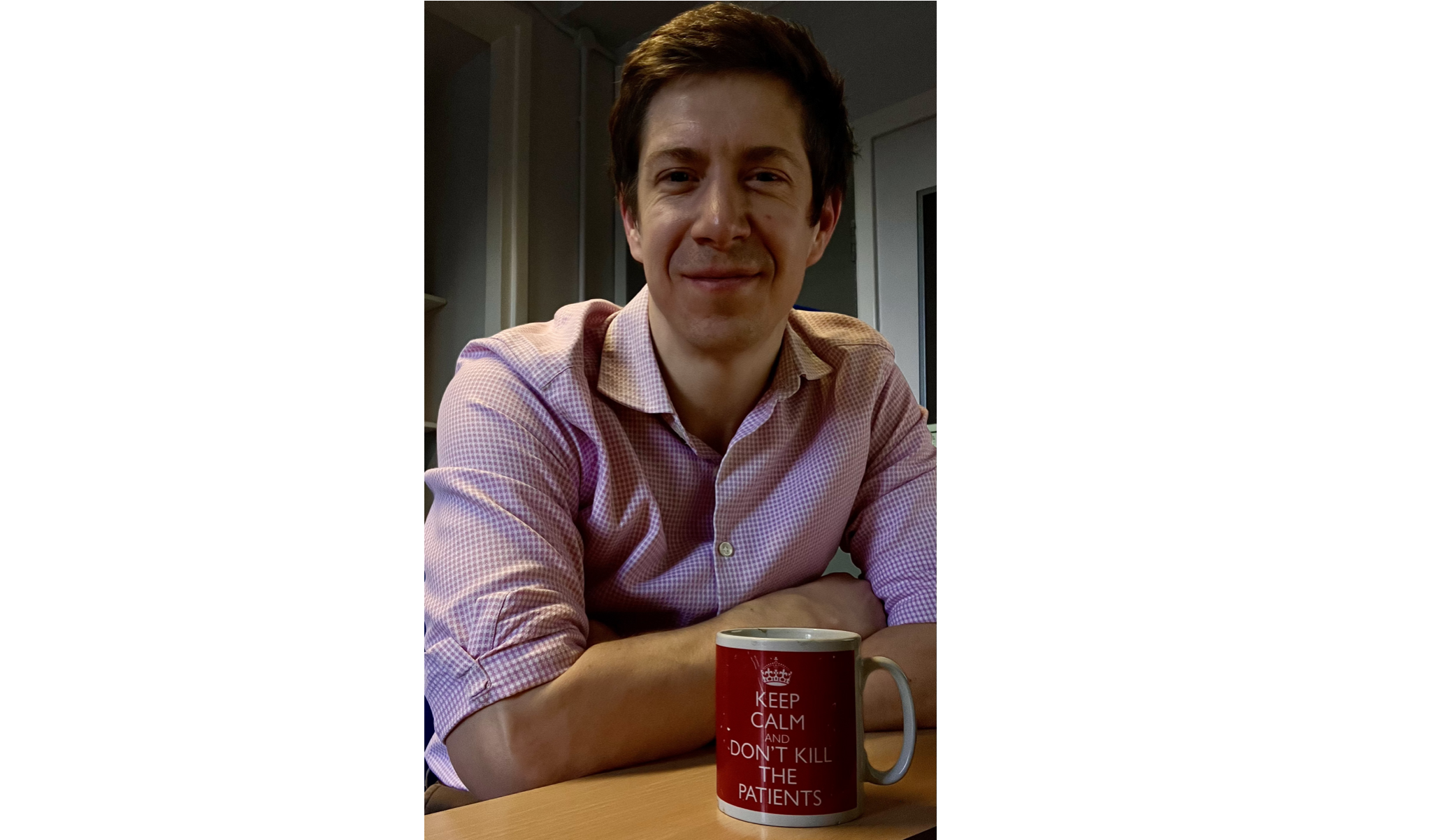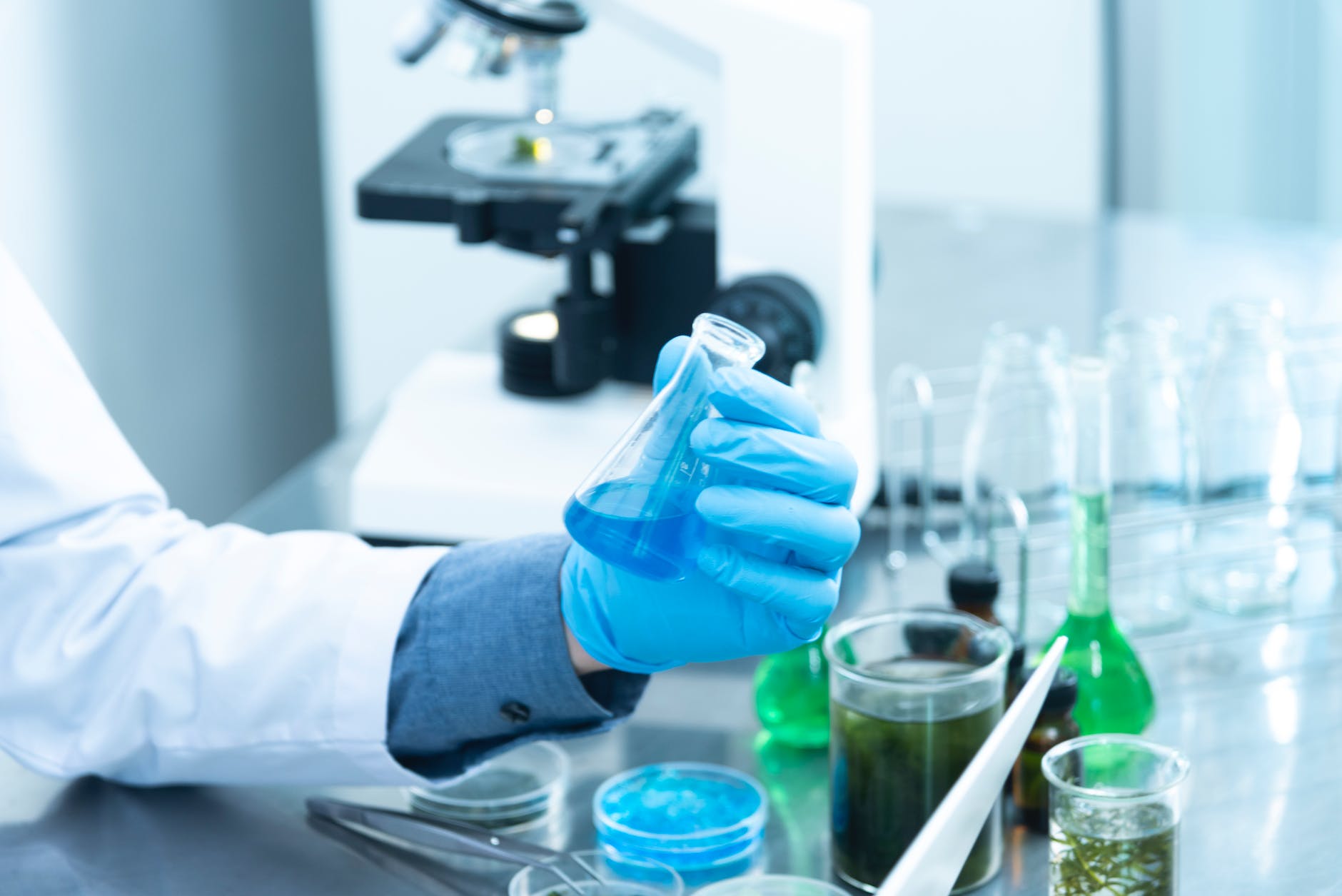This blog is adapted from my episode on the HI-Med Podcast.
What is effective altruism and high-impact medicine?
Effective altruism (EA) is using evidence to objectively assess how to provide the greatest benefit to humanity. Some charities have disproportionately greater impact for each pound they receive. Some occupations are much more likely to make a major contribution to improving others’ lives. Some problems are considerably more important to the future trajectory of the planet. It is also closely related to longtermism, which is acknowledging that our actions could impact all humans who are to ever be born in the future.
EA is about being active and (at least partly) objective in the decisions we make about donation, careers, and the causes we support. [Since April 2021 I have committed to donating at least 10% of my salary to highly effective charities through GivingWhatWeCan.]
High-impact medicine is an analogous movement focused on how clinicians can tailor their work to have the maximum impact. It seeks to align EA principles within the framework of clinical training.
Getting involved in effective altruism
In the most broad sense, medicine is about doing good, particularly for the most vulnerable or deprived individuals in society. But it was only comparatively recently I started to objectively think about what I was working towards.
Having decided so early in medical school what I wanted to work on (i.e. genetic/metabolic paediatric liver disease) it was only during my PhD I had the mental space to re-evaluate whether this was truly the best thing I could be working on. From there I explored what a whole range of believable people and institutions (such as Wellcome and the Gates Foundation) thought were the top research priorities. This led me to the 80,000 hours site, effective altruism community, and works from people like Toby Ord and William Macaskill.
Push and pull factors
From a clinical perspective, I have felt very replaceable. Of course I like to think that on a day-to-day basis I am generally helping, but my impression is that I rarely have a major impact. Either on the long-term health of the patients I was seeing or the underlying (environmental) causes of their illnesses. Treating people one by one is quite a circular experience. Perhaps as I work in progressively more niche fields I will feel like I’m making a greater contribution to each individual patient as I am more specialised and therefore less interchangeable.
This was part of my driving force to working in research, where you can make a bit more linear progress. Address one question then move onto the next, then the next. I have been fortunate to work with some incredible scientists and the three points that stand out to me are:
- Not to be afraid of working in a niche as long as you’re studying fundamental disease mechanisms. You never know where it will lead and the consequences may be much more broad than you envisage.
- Constantly seek out the truth behind biological processes. Even if this means getting ‘scooped’; it is better to be third and correct than first and unintentionally wrong.
- Making a major contribution often takes an entire career of incremental gains, rather than a single big ‘splash’ paper.
So, this has encouraged me to keep trying to think of good scientific questions and vigorously pursuing them. As long as I’m doing solid science and donating 10% to effective causes then I can sleep soundly…assuming my young children let me.
Accepting working in a niche field and EA
I am aware that I’m not working in the potentially highest impact careers within medicine (bioengineering, biosecurity, public health, and cause prioritisation itself). Instead I’m currently working in the ultra-niche field of genetic / metabolic liver disease. I have thought a lot about whether I should make a shift in research or clinical focus to another area but I have decided that I will stick with where I am. This is for several reasons: firstly, working in basic science per se is a relatively high-impact area, particularly if the research has elements of blue sky fundamental biology attached to it. So, whilst metabolic liver disease is not a top priority, the general cellular mechanisms could become important in other, higher impact fields. Secondly, I plan to seek out opportunities to nudge my research towards fields that are greater priorities. For example, understanding innate immune responses in the liver may be of use to those working on vaccine development. Third, I already have significant career capital in this field. Perhaps I have fallen prey to a sunk cost bias but transitioning my clinical or research experience over to a very different topic would be quite challenging. Lastly, I know that I can still do some significant good by earning to give. Whilst I will not have an astronomical salary, by donating at least 10% to highly effective causes, I can make a reasonable contribution where I am not working.
Balancing research and clinical work
From a totally pure EA perspective there is the argument that it would be more efficient to exclusively focus on fundamental research. However, I think that continuing an element of clinical practice is useful as a clinician scientist to help provide inspiration and prompts towards interesting questions. Also, it will give me job security so that I know I have the option of going back to clinical work if I were to fail to get research funding.
Books related to this post:
- The precipice by Toby Ord
- Doing good better by William Macaskill
Useful links:
https://www.givingwhatwecan.org/
https://www.highimpactmedicine.org/
https://www.effectivealtruism.org/
https://www.centreforeffectivealtruism.org/




